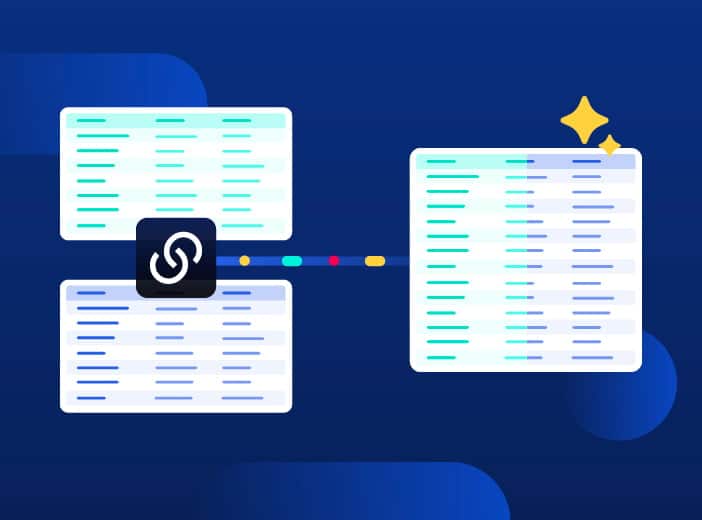Data Sharing Will Define the Business of Tomorrow
What will define the business of tomorrow? Better transparency, new revenue sources, and data democratization. These objectives all lie in a future of data sharing...

What will define the business of tomorrow? Better transparency, new revenue sources, and data democratization. These objectives all lie in a future of data sharing…
Reinventing the Way Businesses are Run
Functional silos in businesses are one of the biggest challenges today. Silo mentality means departments are all working separately from each other without collaboration. This prevents teams from sharing information and knowledge, and thereby leads to inefficiency and decreased performance.
What’s more, business operations based on strict processes tend to restrict information sharing and lead to a lack of synergy within the company. Building a culture of data sharing and accelerating the flow of information will allow employees to use company data on a daily basis and innovate to work more efficiently.
Suggestion boxes are a thing of the past. The new generation of millennials expects quick and complete access to information as they do in their everyday lives. Data sharing allows all employees to access the same, updated information, regardless of their levels at the company. In turn, this improves employee efficiency and business performance.
More and more companies are rethinking the corporate pyramid. With employees becoming increasingly mobile, managers and HR departments are taking this subject seriously. In addition to improving the skills of employees, data sharing promotes new ways of working that are in line with the ideals of the next generation.
Traditional models that impede innovation must be revamped to rejuvenate a business. It’s not saying abolishing hierarchy altogether, but it means businesses must not make access to knowledge the privilege of a small group of decision-makers.
Creating New Revenue Sources
Many B2B companies with real know-how and expertise are forced to work in a restricted ecosystem. However, these same companies can create new service offerings simply by developing a culture of data sharing. For example, by sharing its data, a road traffic control company can help local authorities and public agencies make informed decisions regarding urban planning. This is all the more true when you consider the speed and efficiency with which current data sharing tools analyze data.
By sharing its data with an entire ecosystem, a company can position itself as a leader and a key market player, contributing to the overall wealth of knowledge and allowing other groups to develop complementary products and services. Open data encourages interactions with customers, developers, suppliers, researchers, and experts, and enables a company to benefit from collective intelligence.
This “win-win” situation is proving beneficial in an increasingly interconnected world as it boosts business activity while allowing companies to take advantage of new opportunities.
For traditional players, often with more expertise than startups, data sharing has become a compelling means to offer new products while expanding their businesses and growth.
A Commitment to Transparency
In today’s world, companies are expected to have a positive impact on society. Many companies proudly value their social responsibility initiatives and their commitment to improving the transparency of their data. However, the only way to truly restore the confidence of customers and partners is by taking concrete actions. Companies should follow the lead of public authorities who have taken the first steps to provide citizens with greater transparency by promoting open data.
One of the things that successful companies such as Google, Twitter, and Facebook have in common is their open data policy. Although sometimes criticized for their handling of personal data, these large platforms are able to make information available on a massive scale. By adopting a data sharing culture, they continue to outrun traditional companies that are struggling to change.
Extensive data sharing not only helps to regain the trust of customers and partners, but also promotes dialogue with the civil society and general public. By providing easy access to its data, a company can revitalize its workforce and promote its growth.
Some people are worried about the risks of potential breaches and information leaks. With open data platforms, companies can choose the level of access for each data set and each employee, thus having greater control over the information it wants to share. This keeps the risks in data sharing to the minimum.



